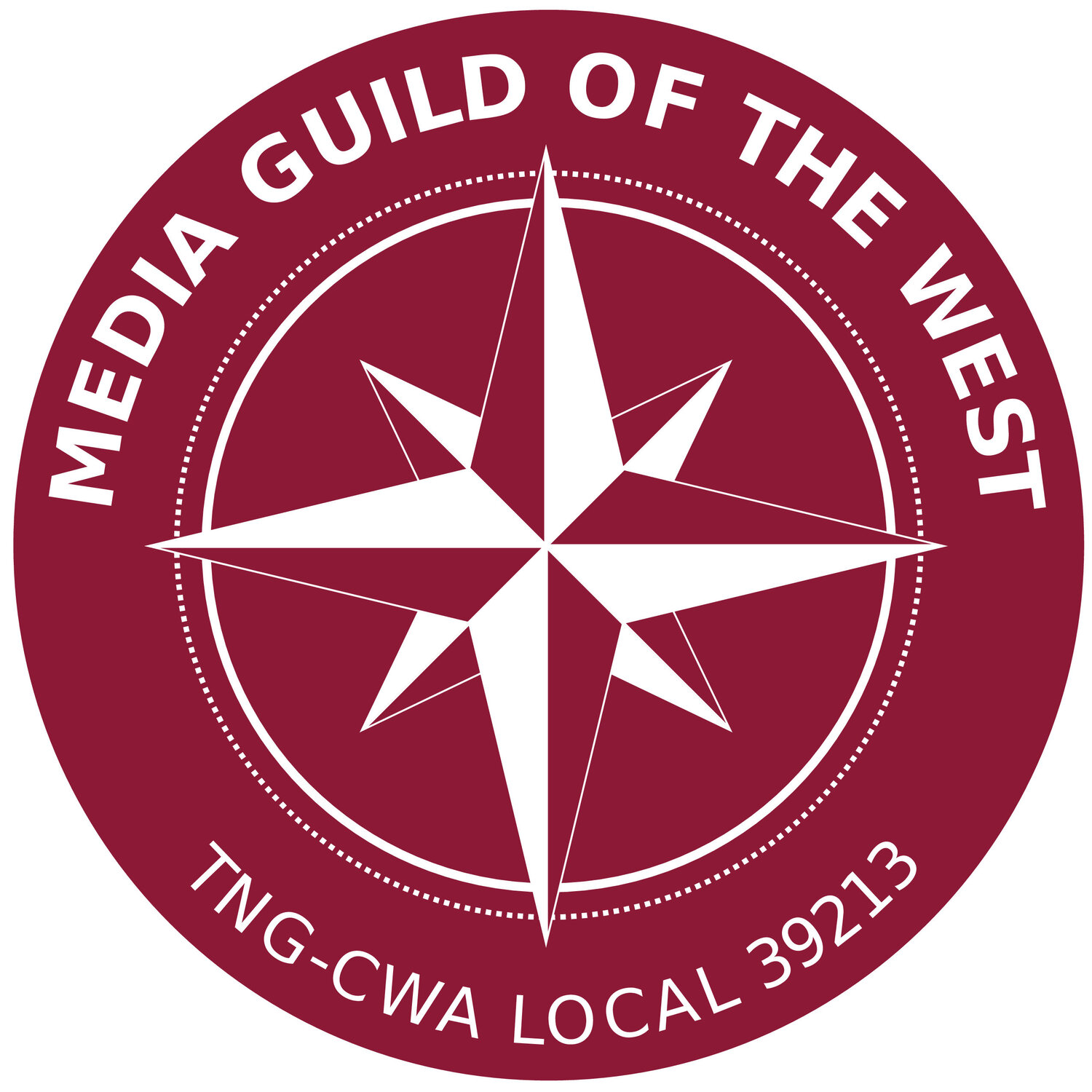Know Your Rights
Our best protection is each other. But it is also important to hold employers accountable when they violate the law.
Section 7 rights
Section 7 of the National Labor Relations Act says: “Employees shall have the right to self-organization, to form, join, or assist labor organizations, to bargain collectively through representatives of their own choosing, and to engage in other concerted activities for the purpose of collective bargaining or other mutual aid or protection.”
We have the guaranteed right to organize, collectively bargain and take collective action to improve our terms and conditions at work.
Collective actions are protected concerted activity. A single worker is also engaging in protected concerted activity when they are acting on behalf of other employees, bringing group complaints to the boss’ attention, or trying to organize a group action.
Under Section 7, you have the right to:
Sign a card asking your employer to recognize and bargain with your union
Wear union T-shirts and buttons on the job
Sign a petition related to wages, hours and other workplace issues
Attend meetings to discuss job-related concerns
Join your co-workers in a walkout to protest unfair working conditions
When is the boss breaking the law?
Section 8 of the NLRA says employers cannot “interfere with, restrain, or coerce employees in the exercise of the rights guaranteed in Section 7.” Such violations are considered unfair labor practices and are investigated by the National Labor Relations Board. Workers should be on the lookout for the following:
Surveillance
Spying on workers’ union activities or even creating the impression of spying
Recording or photographing employees engaging in peaceful union activities
Polling workers about their support for the union (including asking workers in one-on-one conversations about their support)
Questioning workers about their own or co-workers’ union activities
Promises
Promising workers benefits if they vote against the union
Implying a promise of benefits by soliciting grievances from workers during an organizing campaign
Interference
Barring workers from talking about the union during work time if workers are allowed to discuss other causes (for example, if you’re allowed to talk about selling Girl Scout cookies while you’re on the job, you must also be allowed to talk about union matters)
Prohibiting union members from wearing Guild buttons or shirts
Conveying the message that organizing a union would be futile
Soliciting individual workers to appear in anti-union materials
Threats
Threatening workers with adverse consequences such as the loss of benefits or closing the workplace if they engage in union activity
Telling workers they’ll have to strike in order to obtain concessions from the employer
Using intimidating language to influence workers in exercising their right to support the union
If you witness something that you suspect is an unfair labor practice, talk to an organizing committee member, a steward or another union leader as soon as possible so that we can take collective action to enforce our rights.
